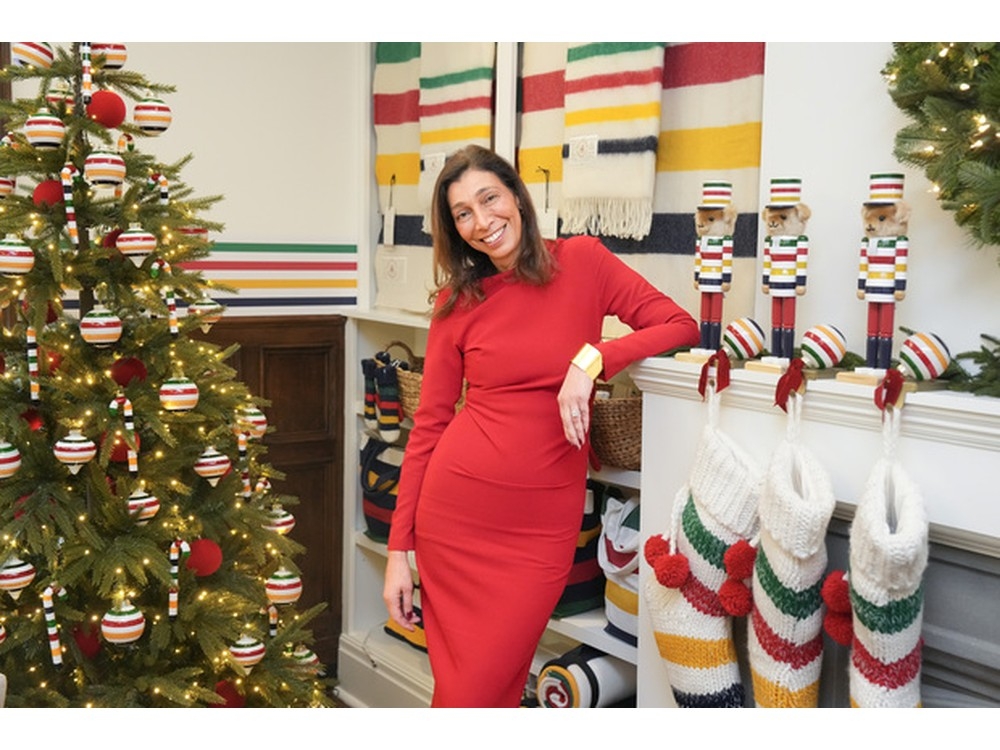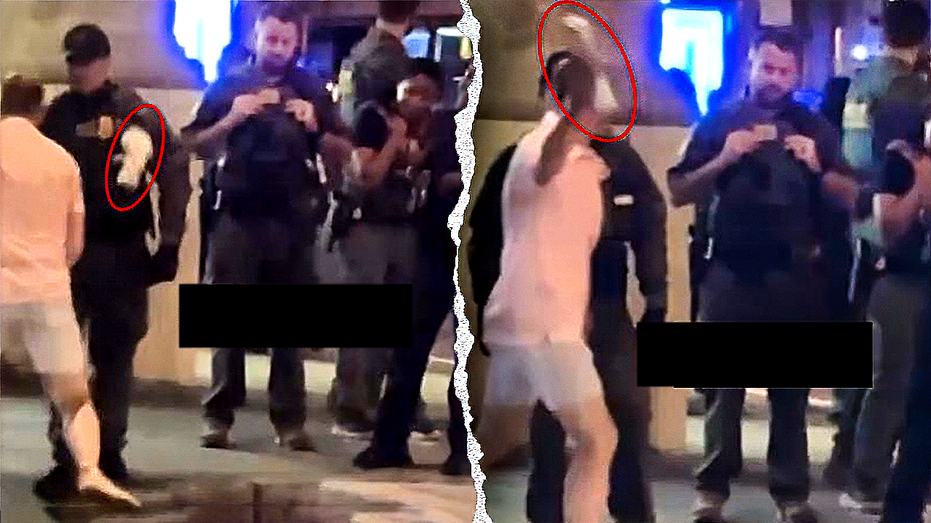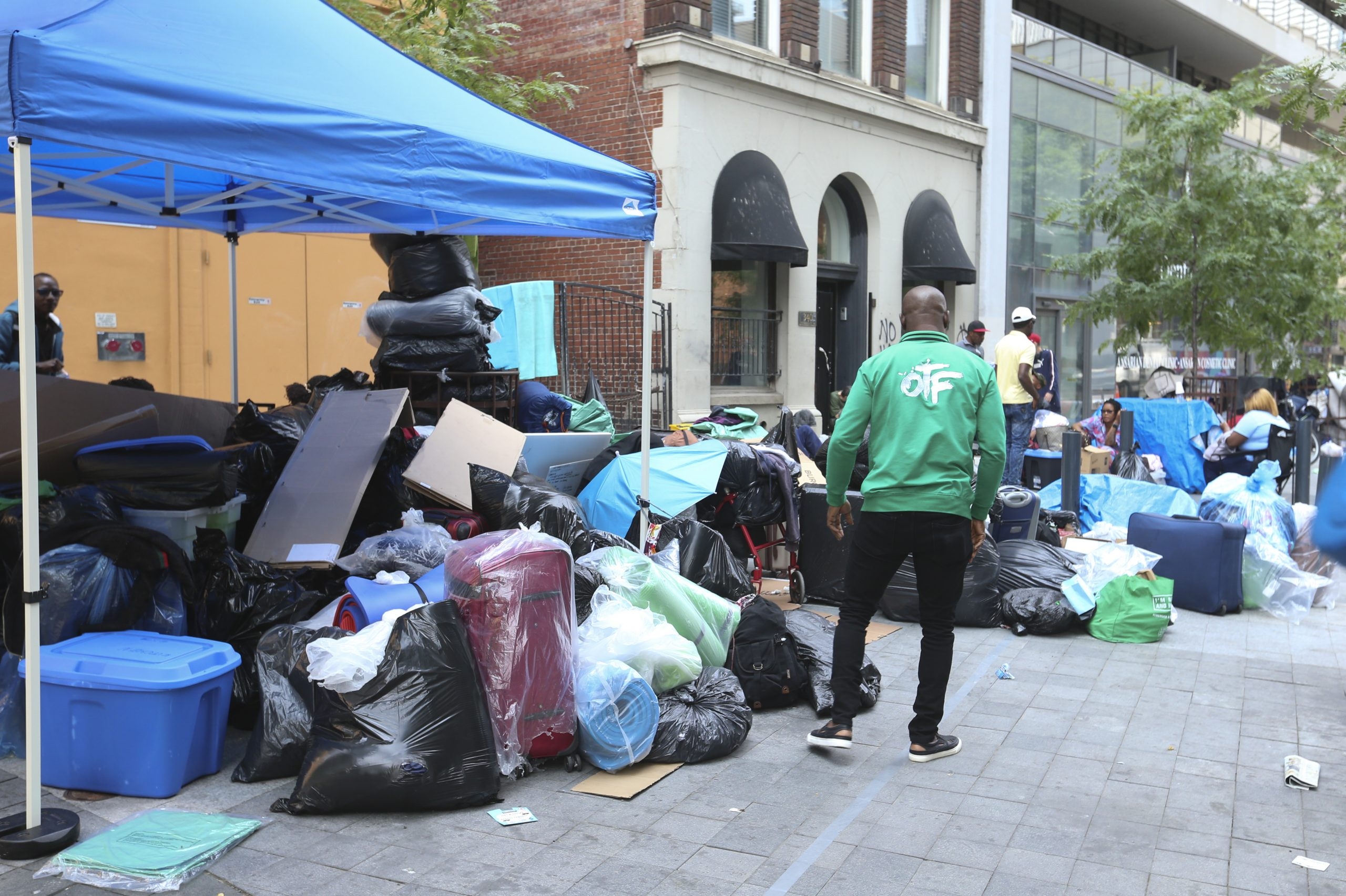A seismic shift has occurred in New York City, and whispers among political circles point to an unexpected architect of victory: Zohran Mamdani’s wife, Rama Duwaji, a largely unknown artist. Mamdani’s win, secured in a fiercely contested election, has ignited both hope and apprehension about the future of Gotham.
The newly elected Democratic Socialist campaigned on a platform of affordability, promising rent freezes and fare-free public transportation, framing his challenge as a fight against “corporate exploitation.” However, anxieties linger, recalling a period of urban turmoil from the late 20th century and the controversial “hug-a-thug” policies that some believe contributed to the city’s decline.
At his victory celebration, Mamdani’s gratitude shone brightest when directed towards his wife. He affectionately called her “hayati” – Arabic for “my life” – emphasizing her irreplaceable role in his journey.
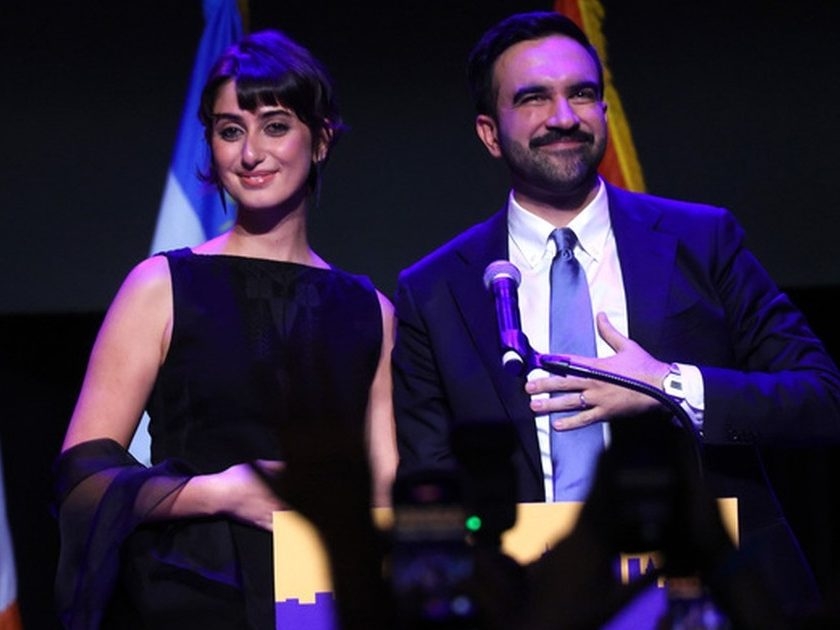
Rama Duwaji, 28, appears to share her husband’s deeply held convictions. Her social media presence reveals a blend of artistic expression and passionate advocacy for Palestine, resonating with a specific, influential segment of New York’s cultural landscape.
Friends describe her with striking comparisons, one calling her “our modern-day Princess Diana.” Beyond the comparisons, Duwaji is credited with a significant, behind-the-scenes contribution to Mamdani’s campaign, reportedly designing his logos and fueling a viral social media strategy.
Born to Syrian-American parents in Houston and later raised in Dubai, Duwaji pursued a degree in communication arts at Virginia Commonwealth University before relocating to New York City to focus on her art. It was through a dating app, Hinge, that she connected with then-Assemblyman Zohran Mamdani.
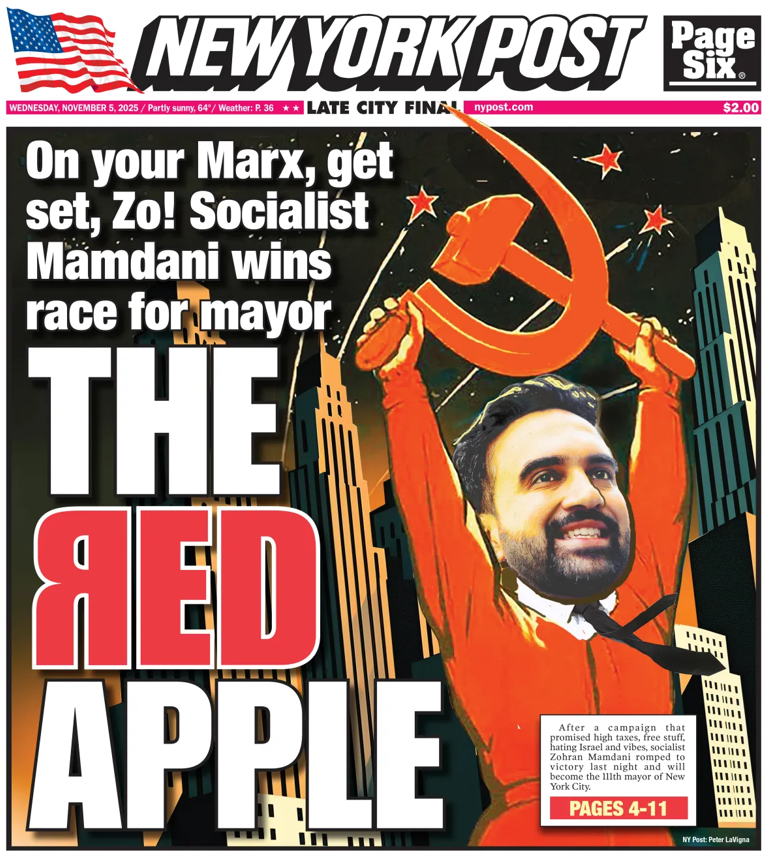
Their connection blossomed quickly, culminating in a private civil ceremony at City Hall just months before Mamdani announced his mayoral bid. A friend who witnessed the event described a simple, heartfelt moment, a rainy subway ride culminating in a life-altering commitment.
While Mamdani steps into the political arena, Duwaji is gaining recognition in artistic circles, her illustrations even appearing in Vogue. She’s being hailed as a kind of bohemian icon, a “commie Coco Chanel” by some.
However, her outspoken views on the Israeli-Palestinian conflict are drawing intense scrutiny, particularly within New York City, home to a large Jewish population. She recently mourned the death of a Palestinian figure who openly celebrated the October 7th attacks, expressing her sorrow with purple heart emojis.
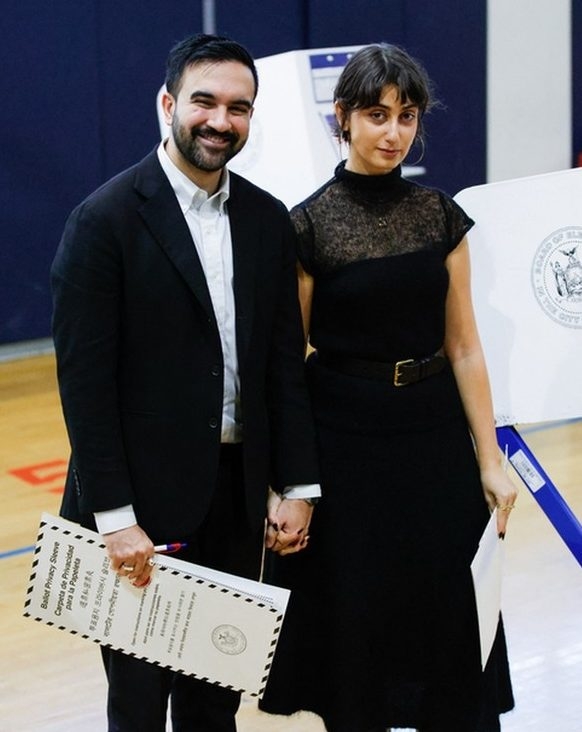
When criticized for this post, Mamdani fiercely defended his wife, framing the backlash as a right-wing attack intended to distract from the real issues. He insisted that critiques should focus on his policies, not on his family.
As the couple prepares to trade their rent-stabilized apartment for Gracie Mansion, the official residence of the mayor, questions remain about Duwaji’s future role. Friends describe her as both excited and overwhelmed by the prospect of navigating this new reality.
Her art, however, offers a glimpse into the ideology that may shape the city’s future. One recent animated work depicts a stark message of deliberate starvation, framing the conflict in a highly charged and controversial light.
Both Mamdani and Duwaji maintain they are not antisemitic, with Mamdani even stating he would arrest the Israeli Prime Minister if he visited the city. Yet, the extent to which Duwaji shares these sentiments remains unclear, leaving many to wonder about the direction of the nation’s largest city.

